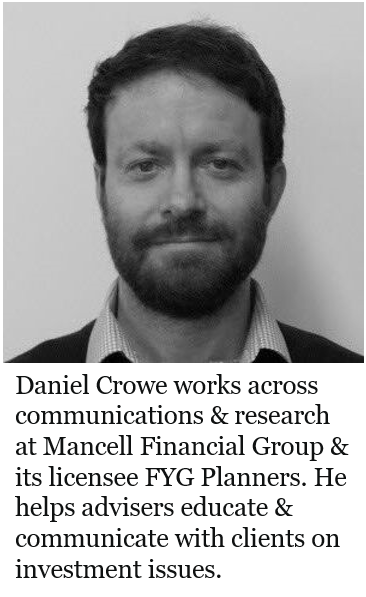The 18th president of the United States and the Commanding General of the Union Army, Ulysses S. Grant, spent the final year of his life in a desperate race to write his memoirs. Complaining of a sore throat in the summer of 1884, Grant delayed seeing a doctor until mid-autumn where it was confirmed he was suffering from throat cancer.
Grant completed his memoir on July 5, 1885, and died five days later. The book was a financial and critical success. Thanks to a 70% royalty contract offered by Mark Twain, Grant’s widow received around $450,000, a considerably large sum of money for the 1800’s.
What prompted this race against time? Grant was broke and feared leaving nothing for his wife. Surely, such a notable person would have accumulated some wealth into his seventh decade? Yes, but Grant had invested $100,000 into a brokerage run by his son and his business partner, Ferdinand Ward.
Unfortunately, Ward was a scoundrel and running a ponzi scheme through the brokerage. Happy with their initial returns, the Grants’ due diligence was sorely lacking, and when Ward told Grant Sr they were experiencing some funding difficulties, Grant borrowed another $150,000 to keep the business going. It failed regardless, setting off a financial panic which prompted bank runs and failures across New York.
As this short slice of history illustrates, bank runs aren’t new, or even rare in the US. There have been over 450 bank failures since 2008, with 2018, 2021 and 2022 the only years in recent memory not to see a bank failure in the US. Back a little further, during the savings and loans crisis of the 1980’s and 90’s, over a third of savings and loans associations went under.
Read the full “Bank Runs” post.
This represents general information only. Before making any financial or investment decisions, I suggest you consult a financial adviser to take into account your personal investment objectives, financial situation and individual needs. Anyone looking to build a portfolio should seek financial advice to find out which strategy is right for them, if you are a high net worth investor looking financial advice then you should consider a financial adviser with high net worth experience, they can help you identify your goals and put in place a reliable strategy to pursue them.


